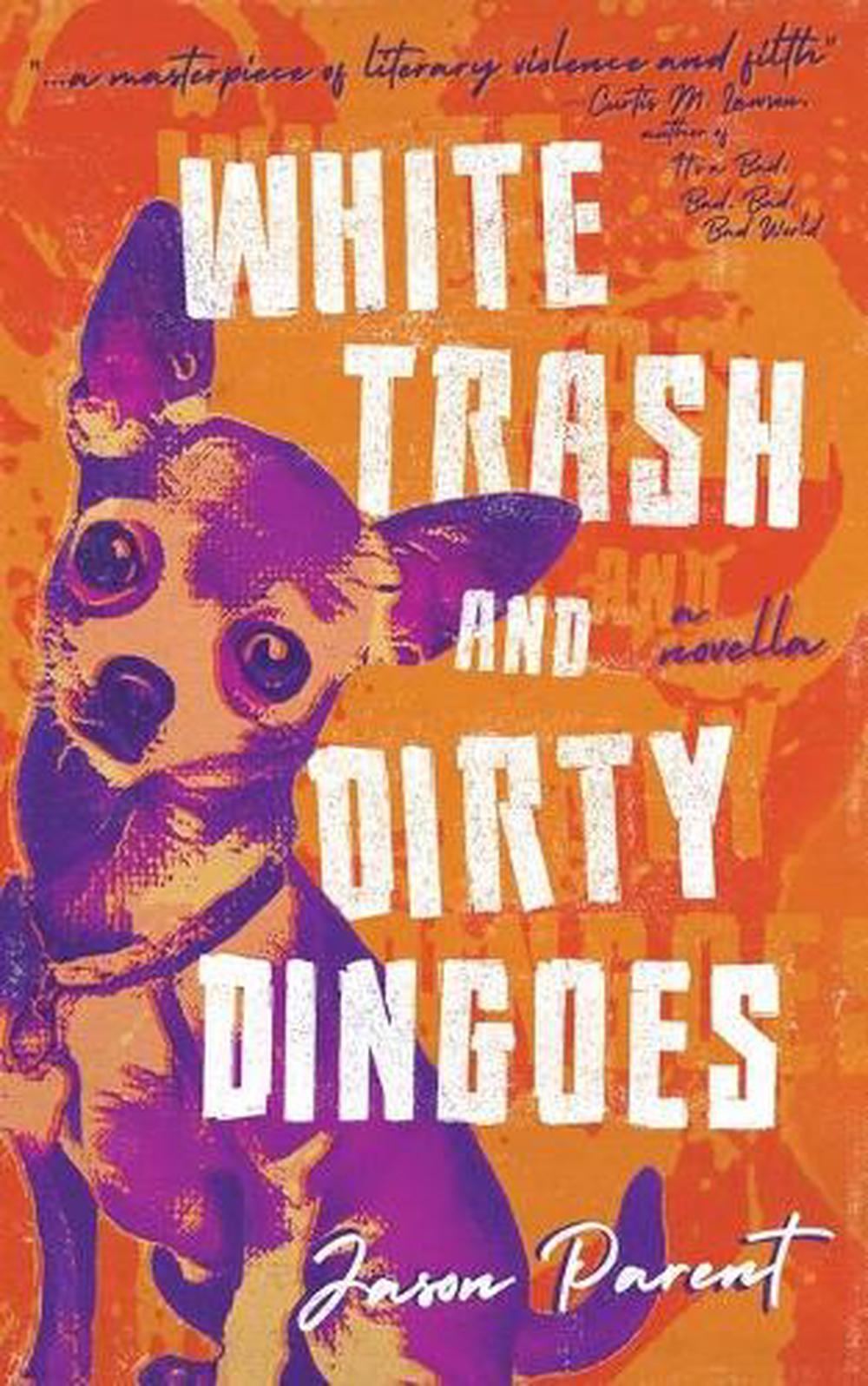
This core concept, explored years earlier in books such as Edmund Morgan’s American Slavery, American Freedom and David Roediger’s The Wages of Whiteness, is deliberately omitted from Vance’s Hillbilly Elegy, and it’s not emphasized in Isenberg’s White Trash. Such contemporary navel-gazing assertions of white-trash identity, as by Vance when he discusses his ascent from southern Ohio misery in Hillbilly Elegy, may accomplish something rather pernicious: while ostensibly accurate-the poverty and privation Vance experienced and describes in precise lawyerly detail is real-such recognition elides the critical point that being white means not being black. Vance works in this venerable tradition, even as he now stands apart from it as a Yale Law School–educated winner of the class wars. One source of information is from first-person accounts, usually authored by people who have since escaped the squalid conditions they are now endeavoring to document. A white-trash reaction, insofar as it can be understood at all, requires some understanding of the various social, economic, and cultural factors that have intersected to create the white trash.

“The trigger for white rage,” Anderson writes, “is black advancement.” This explanation, while correct, offers only part of the answer. All around the country, nonwhite minorities have begun to vocalize their discontent, in the process winning at least symbolic concessions from white authority figures. Carol Anderson’s White Rage: The Unspoken Truth of Our Racial Divide examines a series of events, ranging from Reconstruction to the election of Barack Obama, after which seeming gains for African Americans were quickly met by massive resistance from whites.Īnderson’s book provides one important clue for why white-trash identity has so violently reasserted itself. Nancy Isenberg’s White Trash: The 400-Year Untold History of Class in America offers a concise and highly readable overview of the subject beginning with colonization and concluding with the Clintons. Vance’s Hillbilly Elegy, a spare and poignant look at impoverished rural Ohio and Kentucky. For those interested in a first-person account of white-trash living, there’s J.

Thanks to a spate of newly released books on the topic, we readers can begin fumbling towards some preliminary answers.

Wright Mills, “ without purpose in an epoch in which they are without power?”

The white trash support Trump the white trash are losing ground the white trash should be honored by the government for their hard work and sacrifices the white trash are continuing to redirect their aggression at other racial minorities instead of the robber barons who exploit them.īut who exactly are these people, these trashy whites who have found themselves, in the words of sociologist C. Scan the headlines and you’ll find that everyone’s talking about how the white trash have made their presence felt.


 0 kommentar(er)
0 kommentar(er)
